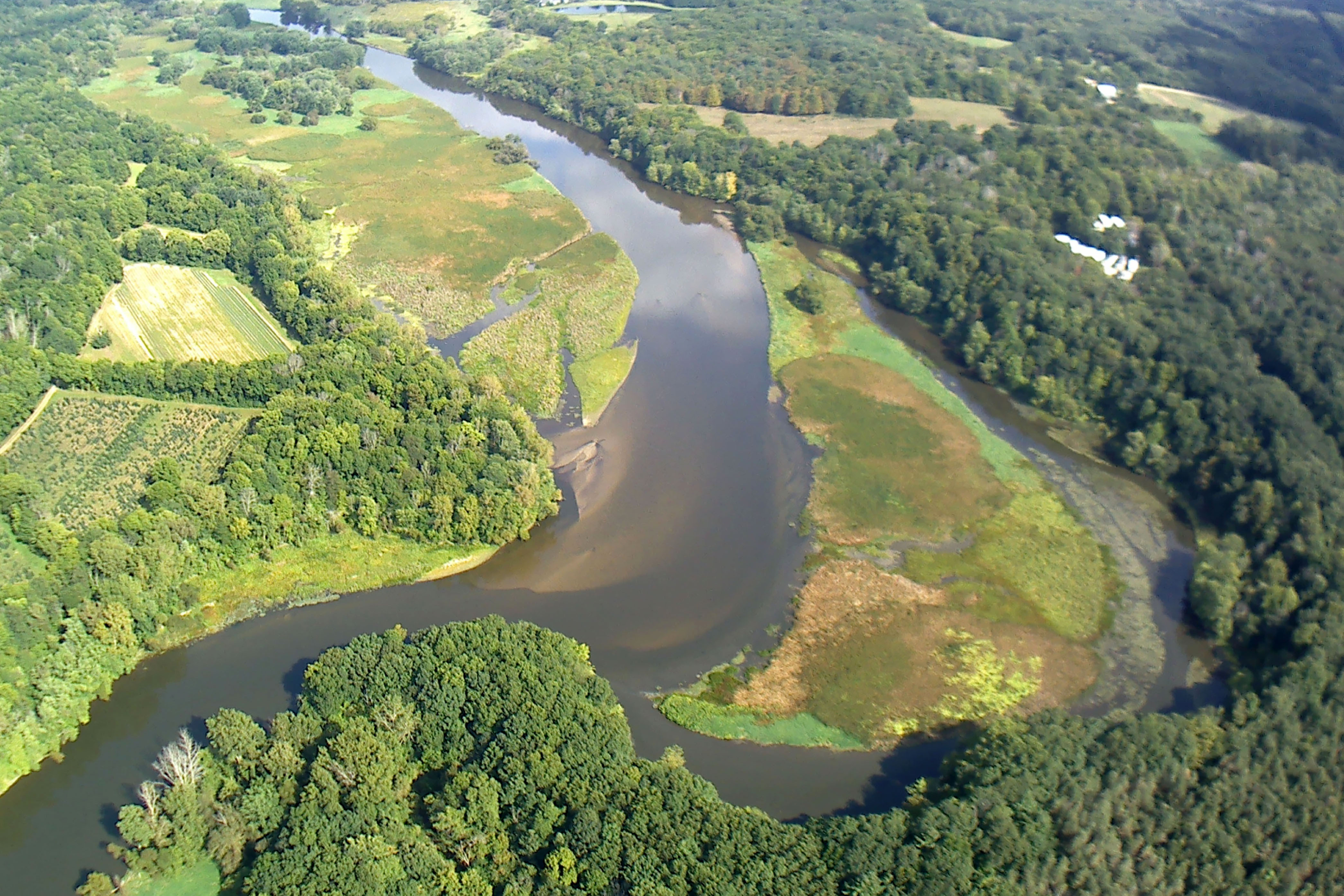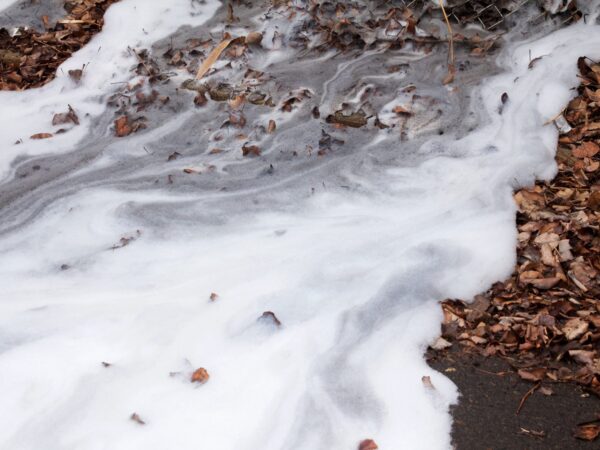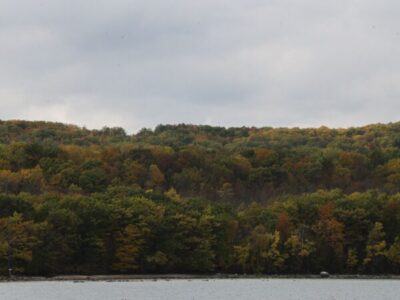
From lead pipes to PFAS, drinking water contamination is a major issue plaguing cities and towns all around the Great Lakes. Cleaning up contaminants and providing safe water to everyone is an ongoing public health struggle.
Keep up with drinking water-related developments in the Great Lakes area.
Click on the headline to read the full ory:
Indiana:
The White River Alliance, the premier organization for regional water resource protection in Indiana, is going virtual for the third annual Indiana Water Summit, a forum developed to examine the complex interests and issues that face Indiana’s water supply. This year’s event will be held virtually on Aug. 12-13 from the Athenaeum in Indianapolis, and the topics selected are meant to inform water policy discussions and best water management practices in Indiana.
Michigan:
- Ferndale begins process to replace lead service lines – C&G Newspapers
The Ferndale City Council unanimously approved a request from its Department of Public Works to submit an application to the state for a $10 million loan to conduct lead service line replacements. Ferndale plans to replace lead and galvanized water lines with new copper services and is looking into various funding options that would allow the city to replace lead lines more quickly than the state requirement of 5 percent per year.
Minnesota:
- Minnesota Supreme Court rules on lawsuit alleging DNR did not adequately protect White Bear Lake – Fox 9
In response to record low water levels in White Bear Lake in 2013, the White Bear Lake Restoration Association and the White Bear Lake Homeowners’ Association sued Minnesota’s Department of Natural Resources. They argued the DNR mismanaged the permitting process for groundwater withdrawals, and in 2018, a District Court judge ruled the DNR failed to protect the lake and its aquifer.
However, on July 15, the Minnesota Supreme Court reversed the district court’s decision, ruling the DNR did not violate Minnesota Environment Rights Act or the “public trust” doctrine, while conceding that the DNR’s permitting process is “inadequate to protect White Bear Lake.”
New York:
The New York state legislature recently passed a number of environmental bills that await Governor Andrew Cuomo’s signature. Among them are a bill that would classify all fracking waste as subject to the same hazardous waste management regulations that apply to other New York industries, a bill that would expand stream protection to 40,000 miles of Class C streams and a bill banning the manufacture, selling and distribution of food packaging that contains PFAS chemicals.
Ontario:
- Taste, odour no longer issue for local water – The Intelligencer
The Bay of Quinte Remedial Action Plan (BQRAP) Restoration Council has announced that another water quality challenge for the bay was restored. Now, seven of an original 11 water quality challenges have been deemed restored, and the four remaining challenges are in the process of either having final reports compiled or a final analysis of the scientific data.
- Drinking water advisory finally lifted – The Sault Star
After almost six years of a drinking water advisory due to the elevated trihalomethane levels, Algoma Public Health has announced the advisory in Wawa was lifted. The advisory was issued in November 2014 after THMs in the Wawa drinking water supply were found to exceed the Ontario Drinking Water Quality Standards.
Pennsylvania:
- Dominion Energy Leaks Poison Into Pennsylvania Water Supplies – Public Herald
Dominion Energy Transmission is providing water to at least five households after leaking ethylene glycol from an underground pipeline into drinking water wells in Genesee Township, Potter County, Pennsylvania. The leak was first noticed by residents and reported to Dominion Energy in June 2020.
Pittsburgh Water and Sewer Authority says recent test results show they are making significant progress in lowering the lead levels in the city’s drinking water. The PWSA says the samples collected from 158 homes showed the lowest lead testing result in over 20 years and the second consecutive round of testing below the action level. Officials say this is the cleanest drinking water Pittsburgh has had since 1998, and these results place PWSA within compliance of the Lead and Copper Rule for the first time since 2016.
- PENNVEST Announces Contract Awards for Lead Testing and Center for Water Quality Excellence – Pennsylvania Governor’s Office
The Pennsylvania Infrastructure Investment Authority board of directors approved the award of two service contract offers, one for lead testing in schools and child care facilities and the other for the development of the Center for Water Quality Excellence.
United States:
- Stanford water expert discusses slowdown in federal regulation of drinking water – Stanford Woods Institute for the Environment
The U.S. Environmental Protection Agency’s decision last month to back away from regulating a rocket fuel ingredient in drinking water points to a dramatic shift in federal oversight. Richard Luthy, the Silas H. Palmer Professor of Civil and Environmental Engineering at Stanford, discusses how the EPA and individual states regulate water, risk for certain communities and related issues.
Read more drinking water headlines on Great Lakes Now:
Drinking Water News Roundup: Ohio water shutoffs, lead exposure from private wells
Climate change threatens drinking water quality across the Great Lakes
Can new crop of Great Lakes politicians turn the tide on drinking water quality?
Featured image: In this Sept 13, 2018 photo provided by the Environmental Protection Agency shows an aerial view of the Kalamazoo River immediately upstream from the Trowbridge Dam near Allegan, Mich., in southwestern Michigan. (Paul Ruesch/Environmental Protection Agency via AP)




